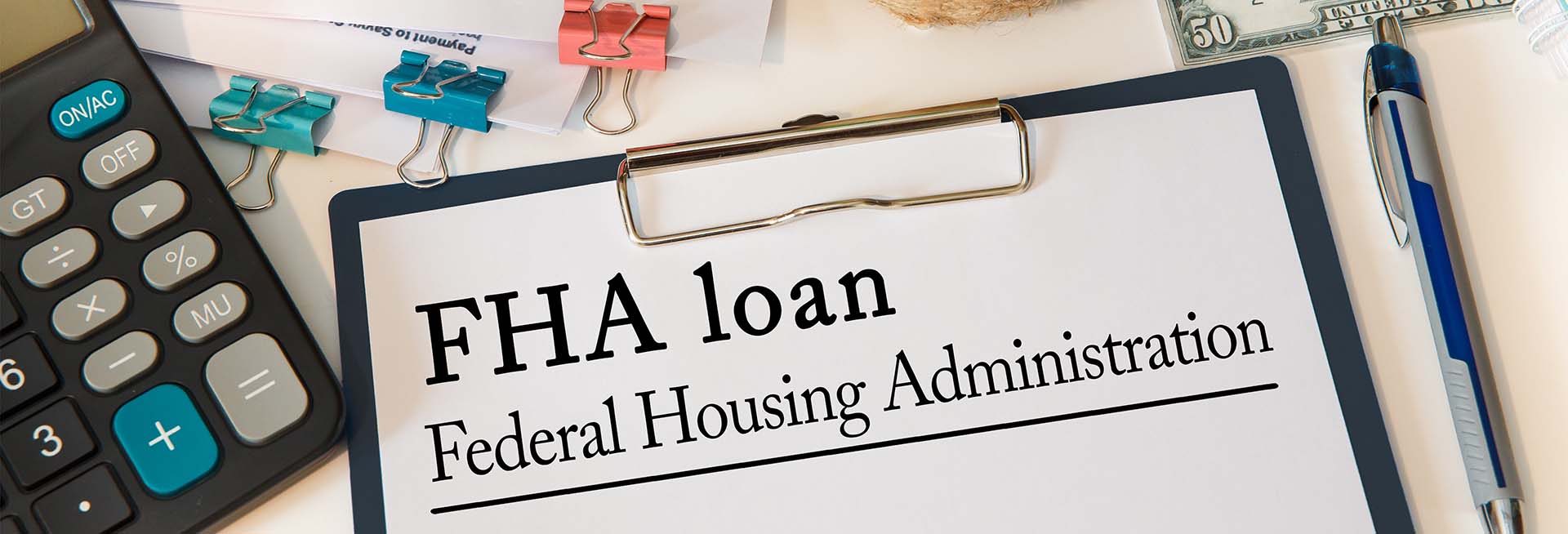When you’re buying a property, the loan process can be confusing. You’ll immediately start hearing acronyms like USDA, VA, and one of the most commonly accessed loans, FHA.
FHA (Federal Housing Administration) loans are loans guaranteed by the FHA that allows buyers to purchase with smaller down payments and often far lower credit scores.
Down Payment
Conventional loans usually require buyers to come to the table with at least a 20% down payment, while FHA loans drop that down to as little as 3.5%. This huge reduction in down payment requirements opens doors for many buyers. For example, on a $500,000 home, that’s the difference between needing a $100,000 down payment and a $17,500 down payment (plus closing costs).
Credit Score
Life happens, and sometimes it impacts your credit score. However, having a lower credit score does not have to prevent you from buying a home. While conventional loans require a minimum score of 620, FHA loans will accept a score as low as 580. Additionally, having a lower credit score will not make your interest rate skyrocket as it would with a conventional loan.
Gifts
FHA loans have the added benefit of allowing down payments to be gifted to buyers by family members, which can be incredibly helpful, especially in pricey regions like San Diego. However, even with the reduced down payment requirement of FHA loans, saving enough for a down payment and closing costs can be difficult.
Non-Occupying Co-Borrowers
FHA loans allow non-occupying co-borrowers. That means parents or siblings can help support a loan by signing as a co-borrower while not living on the property.
Mortgage Insurance
FHA borrowers need to know that there are two mortgage insurances involved in the loan. The first is the upfront mortgage insurance premium, which is 1.75% of the loan amount at closing. Borrowers have the option to pay this amount up front or finance it into their home loan amount.
The second is the annual mortgage insurance premium, which is paid monthly and incorporated into your mortgage payment. The annual premium is 0.85% of the loan amount, however, if the loan-to-value ratio (LTV) is under 95%, then the premium is dropped to 0.80%. This premium remains for the life of the loan if the initial LTV is above 90%, or for 11 years if the initial LTV is below 90%. Therefore, many FHA borrowers choose to refinance once their finances and equity allow.
Keep in mind that if your loan amount is higher than $625,500, which is not uncommon in San Diego, your annual mortgage insurance will be 1.05% for loans with an LTV of 90% or higher or 1.00% for loans with an LV of 90% or lower.
If you want more information on FHA loans or to find out if it’s the right finance option for you, schedule a call with The Simpson Team.




